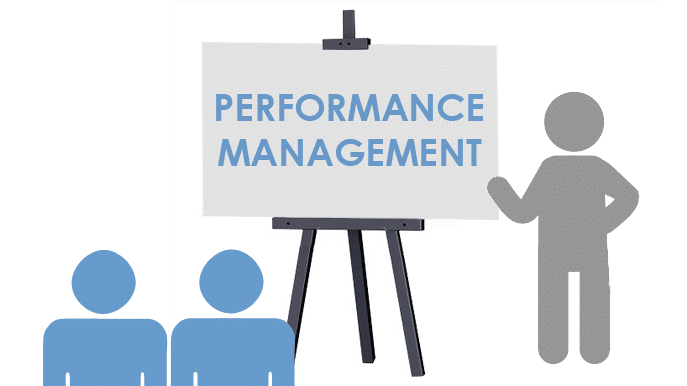Blog
Engaging Employees and Performance Management –more than distant cousins!
By Orlaith Hickey
HR Consultant
9th May 2017
The employment relationship has changed vastly over the last 20 years. This has come about due to increased competition, a change in customer demands, new technologies and the expectation of improved results from stakeholder and shareholders. This new competitive business environment demands constant change – in how we work and the quality of our output. With this challenging work environment, comes an expectation from employees of not just competitive remuneration, but also an input into their roles and the progress of their careers. Research shows that investing in the psychological contract – i.e. employment relationships, is as important as remuneration.
The key to ensuring that employees perform to the best of their ability is to focus on Employee Engagement – we can define it as the degree to which employees are committed to their role and the organisation. This is a measure of how aligned employees are with the goals of the organisation. Engaged employees are more productive, more service orientated resulting in lower turnover.
To build employee engagement, an organisation needs to build a committed workforce. Setting expectations, ensuring effective communication, building/supporting motivation and recognising contribution is essential. It is about optimising your biggest asset – your people. The most basic tool that an employer can use is to look to their process of performance management – i.e. how they set expectations and review the contribution of their employees.
Performance Management is more than just a once a year discussion about your employees’ performance. It is a systematic and ongoing process of ensuring that a company brings out the best (or encouraging improvement) in your employees. These meetings should focus on performance and the achievement of goals – conversations regarding remuneration should remain separate.
There are a wide and varied range of Performance Systems and processes that an organisation can adopt. The trick is to put one in place that suits your organisation’s individual needs. Once developed, the only additional spend is time and commitment.
No matter what system you chose, there are four distinct steps in any Performance Management Process:
Step 1 – Plan & Set Expectations
Set the goals you wish to achieve – organisational, team and individual level.
Make sure everyone understands the goals and how they will be measured. Goals should always be ‘SMART’.
Ensure time frames are agreed.
Step 2 – Get to Work
Pick a starting point and make sure everyone knows their individual roles/objectives.
Make the goals and progress visible.
Step 3 – Monitor Progress
Ensure that there is facility for regular feedback (weekly if necessary – particularly if you are improving performance).
Set review dates so that progress can be reviewed and adjusted (if necessary) regularly.
Step 4 – Evaluate & Recognise
Evaluations should be individual and face to face.
There should be no surprises – feedback should ongoing.
This process will only work if it is embraced by managers and employees alike. Buy in from the start is essential – ensuring that the benefits of the process are understood by all involved.
The benefits of focused Performance Management include:
• clearly defined expectations from the employer;
• frequent opportunity for two-way communication;
• identifies of areas where knowledge and skills are lacking – defining areas for training, coaching or support;
• an opportunity to match individual goals to larger business objectives.
• Facility to deal with underperformers – this process is essential if you are considering terminating an employees’ contract because of underperformance;
• improvement in employee engagement, making employees feel more valued and accordingly more productive.
There is a clear link between Employee Engagement and Performance Management.
Evaluate your Performance Management
To ascertain if your employees are engaged and/or if your Performance Management needs a kick start – ask yourself:
• Are your employees clear about their day to day work goals?
• Do they have enough support to do their job well?
• Do they have the skills to do their job well?
• Are they getting enough feedback?
• Have they scope and opportunity to develop?
The last and arguably most important piece of advice when considering Performance Management and Employee Engagement is to make sure that you have great leaders on board. The quality of your managers will dictate how successful you are! Investing in Management Development is always money well spent.
Conclusion
Performance Management should provide focus – if you want your employees to be engaged, enthusiastic, even passionate about their work, you need to give them clear direction and almost constant feedback and recognition. There is no doubt that investing your time in a process that helps to create passion in your employees’ work, can only benefit the employer, the employee and of course, the bottom line.
Orlaith Hickey is a qualified and experienced HR Consultant, helping small businesses in Ireland. For more information please call +353 87 2908916 or e-mail orlaith.hickey@gmail.com.



